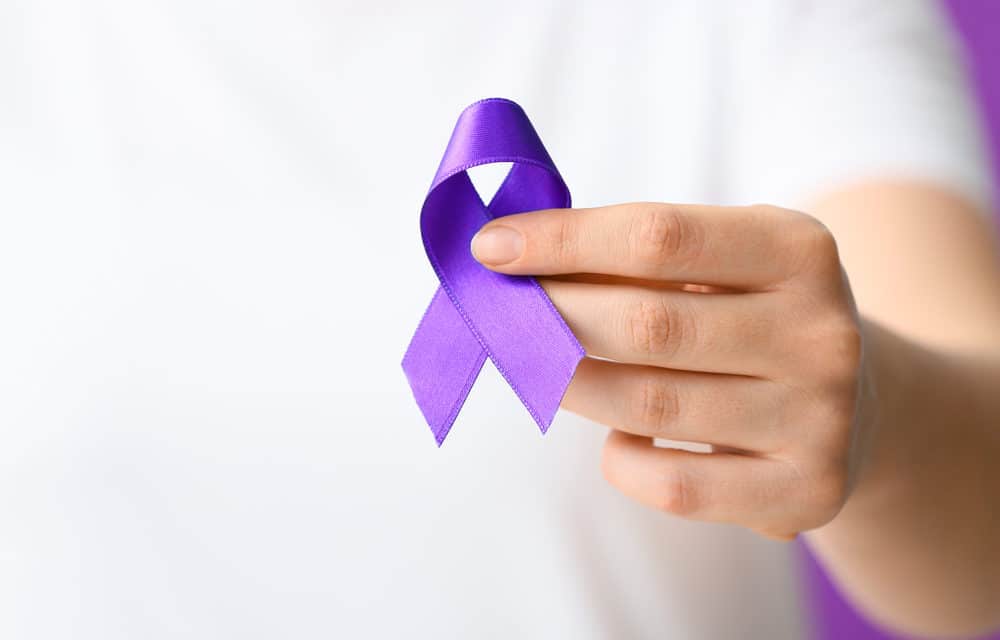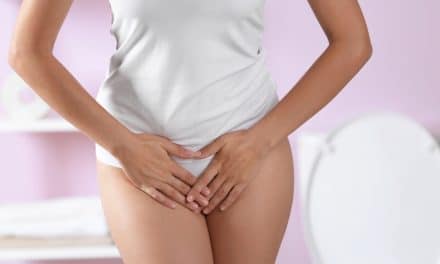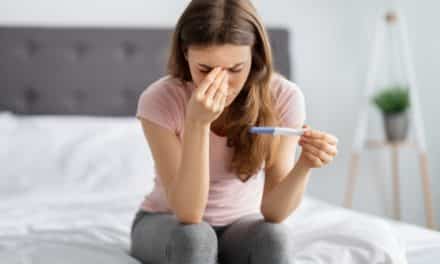On February 4, World Cancer Day was celebrated. A disease that affects an increasingly high percentage of women at some point in their lives. Prevention is the key for the future of the fight against cancer, therefore, making small changes in your daily habits, you can also prevent it.
- By living a healthy life, can I avoid cancer?
Healthy living and proper nutrition may not prevent you from developing cancer, but it will certainly allow you to be better prepared to fight and overcome it. - What can I do to avoid cancer?
Nothing can 100% prevent the appearance of cancer, but regular monitoring allows for an earlier diagnosis and therefore gives a better chance of cure and less aggressive treatments. - If my mother had breast cancer am I more at risk? About 10 percent of all cancer cases are caused by genetic defects inherited from one parent. Hereditary cancers are due to mutations in specific genes that increase the susceptibility to cancer. This susceptibility is hereditary, it is transmitted from parents to children following different patterns of inheritance and implies a greater probability of developing cancer and at an earlier age. Examples would be hereditary breast and ovarian cancer and hereditary colorectal cancer (Lynch).
- How can I know if I am more at risk? There are some genetic tests, in blood or saliva, that allow predicting the risk of developing this disease and transmitting it to the offspring, and being able to act accordingly, adopting the preventive measures that are considered necessary (increased controls, prophylactic surgeries, fertility preservation, etc.) as well as determining which treatment may be the most appropriate for each patient.
- What are the possible consequences after chemotherapy treatment? In some cases, it can have a psychosocial or emotional impact, since it decreases libido, and those consequences associated with early menopause such as vaginal dryness and discomfort or painful sexual intercourses, insomnia, sweating or suffocation, osteoporosis, increased cardiovascular risk (such as hypertension, hypercholesterolemia…).
- Are there solutions for the loss of sexual desire? For loss of sexual desire, first it is important to know if this loss comes from a lack of libido, or because relationships cause pain. If it is due to a libido deficit, natural treatment may be considered in a limited time. It is best to ask your doctor to find out what options there are for you, since it must be treated in a personalized way.
- What can I use for vaginal dryness? It is essential to give treatment to improve the symptoms and that you talk about it during the medical consultation. Sometimes the treatment is quite simple. The treatments will depend on the type of cancer treatment you are undergoing. There are moisturizers that help the vaginal mucosa retain more water. They can be used daily as needed and both internally and externally. Some creams are rich in hyaluronic acid, which is useful to maintain a good level of hydration and is found naturally in the vaginal epithelium in women in their menstrual stage of life.
DECALOGUE OF WOMEN’S HEALTH
- Eat well. Have a balanced diet, high-fiber and low-fat.
- Do not smoke. Avoid alcohol and drugs.
- Make regular sport.
- Educate your children to healthy diet and sport since their childhood.
- Protect yourself from sexually transmitted infections.
- Take care of yourself. Protect your skin from the sun.
- See a specialist if you have family members with cancer.
- Take the recommended cancer screenings.
- Periodically observe your body and do health checks from the age of 40.
- Do not wait. Go to your doctor if you notice any warning symptoms.














